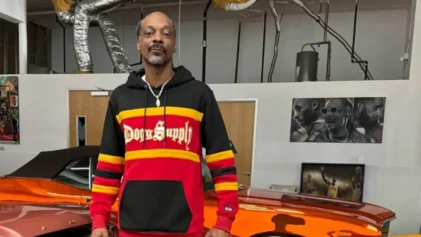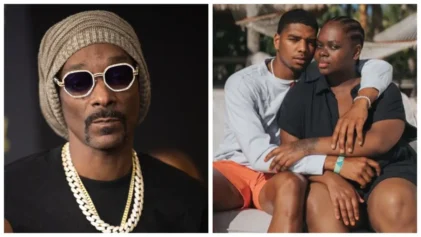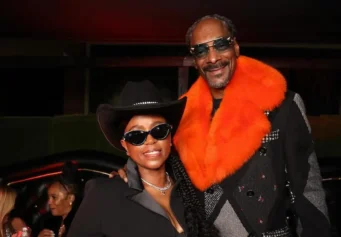Earlier this week, Snoop Dogg held a news conference that left many wondering if the chronic was finally getting to him. On Tuesday, Snoop Dogg announced that he was changing his name to “Snoop Lion” and recording a reggae album. Yep, that’s right, a reggae album. Apparently, a recent trip to Jamaica gave Snoop a new outlook on life.
“I want to bury Snoop Dogg, and become Snoop Lion,” the 20-year-rap veteran said. “I didn’t know that until I went to the temple, where the High Priest asked me what my name was, and I said, ‘Snoop Dogg.’ And he looked me in my eyes and said, ‘No more. You are the light; you are the lion.’ From that moment on, it’s like I had started to understand why I was there.”
His latest reinvention should not be mistaken as a gimmick. Changing his stage name to Snoop Lion is how Calvin Broadus Jr. has chosen to publicly acknowledge his personal and spiritual growth.
Snoop Dogg created his image and his brand by singing about murder, misogyny and marijuana. Now that he is Snoop Lion, he wants to abandon that image completely (with the exception of the marijuana) to spread messages about peace and harmony.
Peace and harmony? That’s not what we have been told hip-hop is about. The hip-hop audience can be as fickle as they are loyal. We complain about seeing the same negative images broadcast to us daily, yet we complain when an artist like Snoop Dogg changes his name due to his beliefs and puts out a song like “La La La.”
Hip-hop artists, with their worldly swagger and consumerist leanings, have always had a complicated if not fleeting relationship with religion and spirituality. For years some of the most popular rappers were adherents to the teachings of the Five Percent Nation: the Wu Tang Clan, Brand Nubian, Nas, Rakim and other rappers from the 1990s were often just as heavily recited by fans as rappers talking about money, jewelry and clothes. But those messages on faith have faded as the new generation of hip-hop has been ushered in. Kanye West with his 2004 single “Jesus Walks” and Lupe Fiasco’s openness on his Muslim faith have been other examples of rappers addressing the complicated issues of faith and spirituality.
Read more: Washington Post


